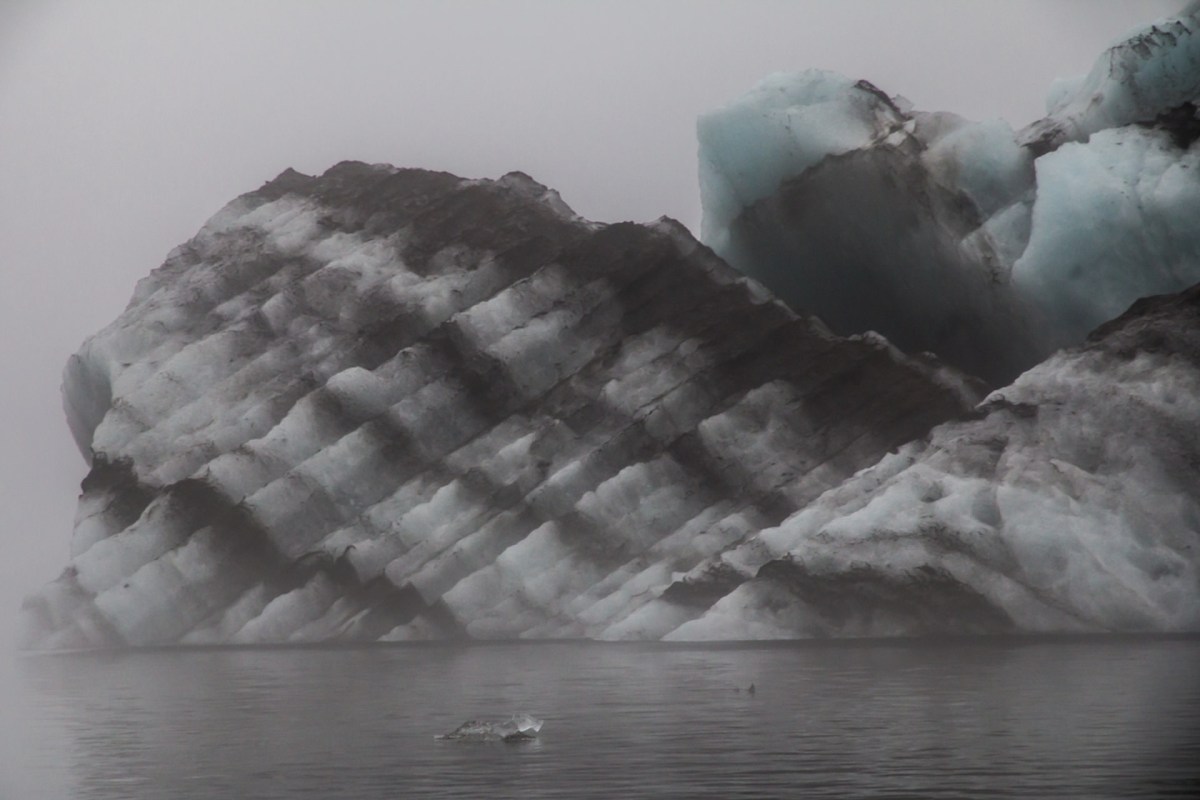One of the world's largest and oldest icebergs is on the move after being grounded for over three decades, symbolizing how massive Antarctica is along with its profound relationship to the planet's climate and oceans.
What's happening?
Scientists are watching closely as the massive, over 1,000-foot-tall iceberg known as A23a makes its way toward the open and warmer waters of the Southern Atlantic Ocean, moving around three miles each day.
The iceberg calved from the Filchner-Ronne Ice Shelf in 1986 and is about 1,500 square miles — bigger than the entire state of Rhode Island.
News of A23a's migration comes after reports of record-high heat that will define 2023 as the warmest year in 125,000 years. Over the past several decades, the Arctic has warmed four times faster than the rest of the world.
Why is A23a's movement concerning?
What was once stable, livable land — previously home to several mapping and research stations — is now gone. While A23a's motion has been credited to natural causes, it's a reminder of how massive Antarctica is and how crucial it is to our sea levels.
Ted Scambos, a senior research scientist at the University of Colorado Boulder, told NPR, "The more important thing for people to be aware of is that Antarctica, in other places, is losing ice very rapidly."
The Antarctic Ice Sheet holds 70% of all the fresh water on the planet. It contains enough ice, if melted, to raise the ocean level by about 200 feet, covering nearly 5.4 million square miles — an area larger than the United States and India combined.
Rising ocean levels threaten wildlife habitats, coastal life, weather, flooding, and soil quality. If sea levels continue to rise, the domino effect will be unstoppable.
"The poles will determine the fate of humanity," said Gail Whiteman, professor of sustainability at the University of Exeter.
What is being done about rising sea levels?
Ice is melting because of warmer waters and higher air temperatures now reaching the poles. There are so many ways to cool the planet, and little changes can make a huge difference.
Support your local farmers. Build your own garden — even if you live in an apartment. Rely less on dirty energy sources, such as gas, oil, and coal. Opt to walk or bike whenever possible.
According to a recent UCLA publication, eating plant-based just one day per week would have a drastic environmental impact. Even if meat-eaters switched to low-meat diets, it would be equivalent to eight million cars being taken off the road.
Join our free newsletter for cool news and cool tips that make it easy to help yourself while helping the planet.









